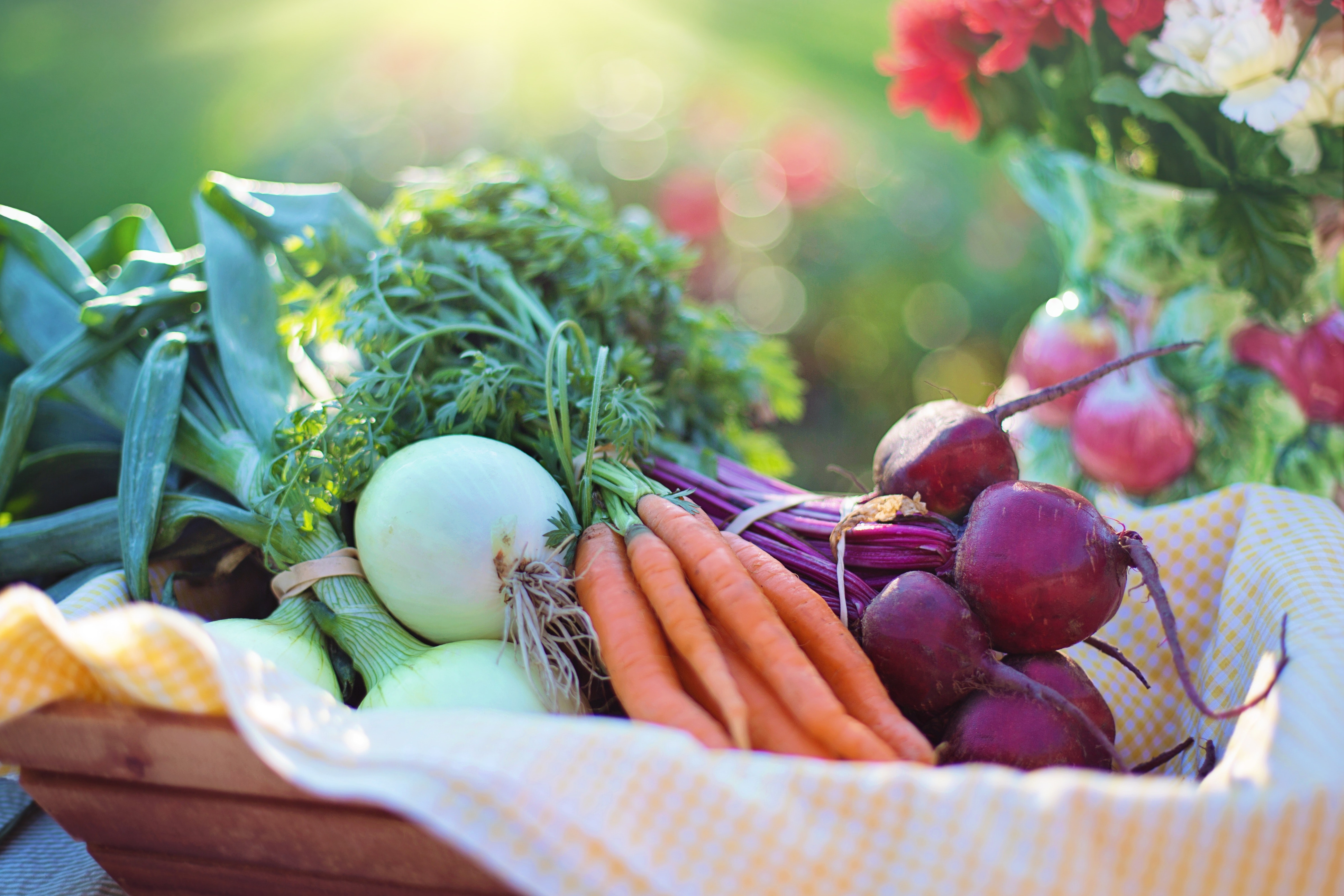Individuals of 60 years and above constitute the elderly. The diet for elderly people should include nutrient-rich foods to enable them to be fit and active. Senior citizens need more vitamins and minerals to be healthy and active.
The body composition changes with the advancing age and all these changes affect the nutritional needs of the elderly. Elderly or aged people require to reduce the number of calories as their lean muscle mass and physical activity decreases with ageing. Elderly need more calcium, iron, zinc, vitamin A and antioxidants to prevent age-related degenerative diseases and for healthy ageing. It is very essential to maintain your health as the ageing process starts and it increases the life expectancy. It is very important for elderly people to exercise as it helps to regulate body weight and flexibility in the joints. The risk of degenerative diseases also considerably decreases with regular exercise sessions.
Elders generally complain of loss of appetite or sometimes difficulty in chewing. A soft diet should be given to elders, with the inclusion of fruits and vegetables in their diet. Calcium-rich foods like dairy products (low fat), milk (toned) and green leafy vegetables should be included in the daily diet to maintain bone health, so as to prevent osteoporosis and bone fractures. Consume pulses, toned milk, egg-white etc. in good quantities as they are rich in proteins. Elderly people should cut down on their saturated fats, sweets, oily food, salt and sugar level. Use of ghee, oil, butter should be completely avoided. Also, avoid eating spicy food.
The diet for elderly people needs to be well cooked, soft and should be less salty and spicy. Ensure to eat small quantities of food at more frequent intervals and drink water at frequent intervals to avoid dehydration and constipation. Consult a doctor for an individualized diet depending upon the medical condition in the case of persons suffering from chronic diseases and bedridden patients.
Points to Remember:
- Eat a variety of nutrient-rich foods.
- Match food intake with physical activity.
- Avoid fried, salty and spicy foods.
- Consume adequate water to avoid dehydration.
- Exercise regularly or go for a walk.
- Avoid smoking, chewing of tobacco and tobacco products (Khaini, Zarda, Paan masala) and consumption of alcohol.
- Go for regular checkups. Check regularly for blood sugar, lipids and blood pressure.
- Avoid self-medication.
- Adopt stress management techniques (Yoga and Meditation).
Courtesy: National Health Portal and WHO
